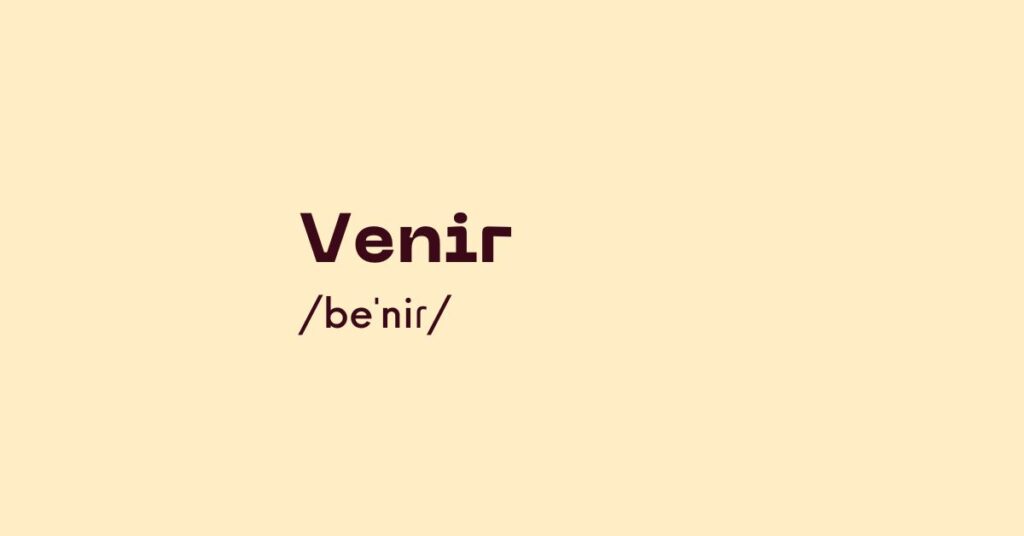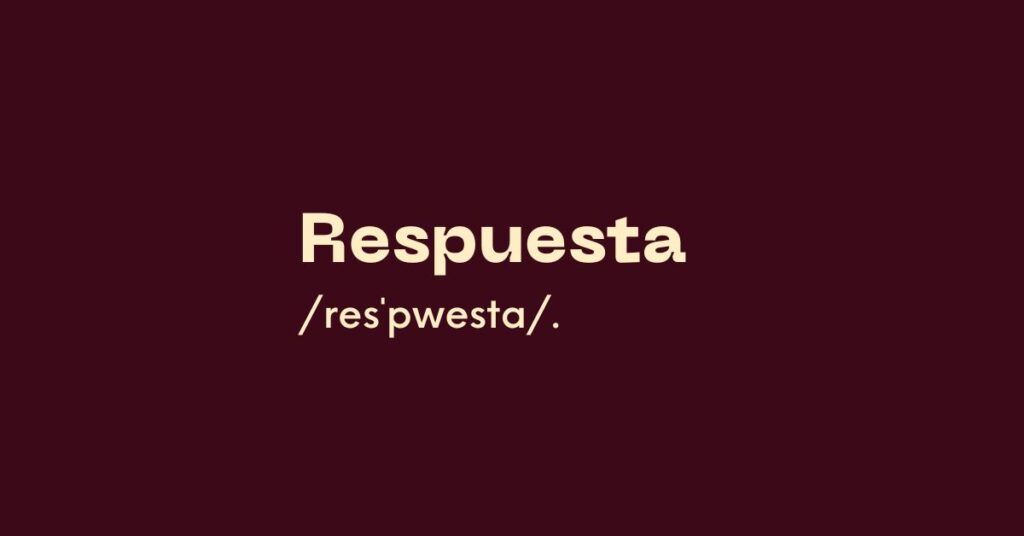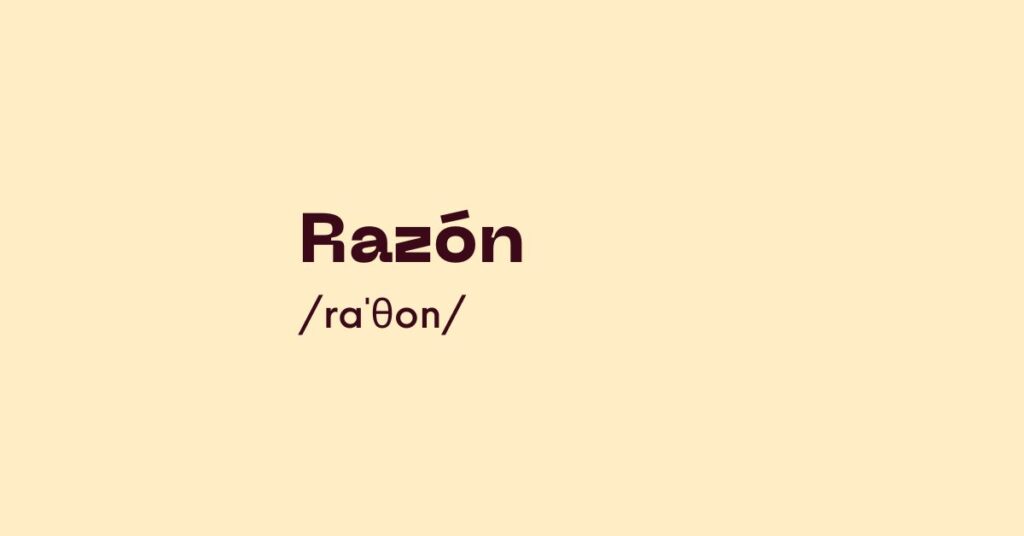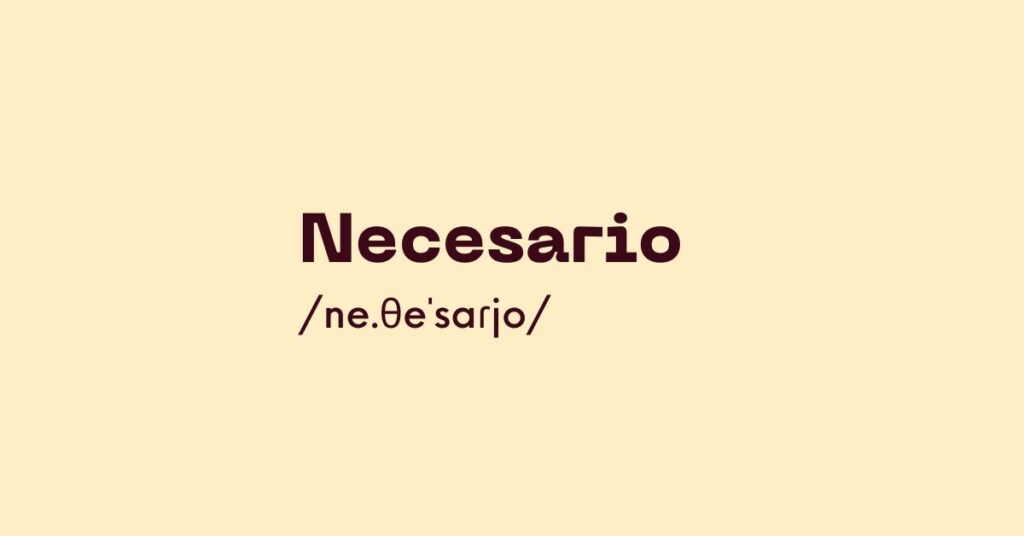Error
Today’s Spanish word of the day is “error”. As you might have guessed, it means “error”! In English, the word “error” sounds quite formal, and is often associated with things like computing. It can be used in formal contexts in Spanish too, but it’s a more everyday word than in English, since it also translates […]









